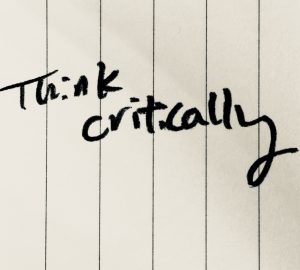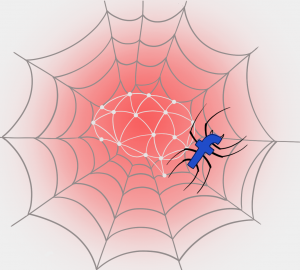
Be honest: how often do you check Facebook? Every few days? Every few hours? Every few minutes? No matter how often you do so, there is something you’re looking for — notifications telling you who’s been looking at your profile and what they have to say about it.
The varied notifications tell you just how many of your friends comment on your posts. If you’re being genuinely honest with yourself, you’ll admit that having notifications makes you feel good. It’s a similar feeling to the rush you get when your cellphone goes off — a small reminder that someone is thinking about you.
Some users claim not to care about how they present themselves on Facebook, but it’s undeniable that thought and effort go into maintaining a page that showcases a person in a positive light.
“I usually only take pictures when I’m feeling attractive, so I mean, if I look cute then I upload it,” Cassidy Richards, a second-year dramatic writing student, said. This honest answer is something all Facebook users aim for, the image of perfection. Or, at the very least, the best image you can put together.
Public acknowledgement, approval and disapproval are part of the package when hanging out on Facebook. “If people don’t like something on your page, they will post something negative about it on your wall instead of choosing not to view it,” Chris Lincoln, first-year fashion design student said. If getting positive feedback from friends on Facebook can make you feel good, then how do we react when feedback isn’t positive?
Posting something on Facebook is more public then saying or doing something at a party, nowadays. For starters, because every one of your friends has access to what you publish. Secondly, because what we post online can live forever. These ideas force us to think more deeply about what we post and how we come across other people.
Facebook allows users to upload as many pictures as they want, tag friends and write captions about the experience. We use our pages as a way to show off. We brag about accomplishments and post pictures of cute love interests, all to show people how exciting our lives are. But what if you’re on the opposite side of the spectrum? No love interests, no party invites and no travel adventures. You’re stuck with the constant feed updates of friends enjoying their spring break in Cabo San Lucas, while you’re sitting at home in ice-cream-stained pajamas. When you compare that with what you’re doing, it’s hard not to feel sad. You wonder why your life isn’t as fabulous. It’s like going stag to the high school dance all over again.
There’s nothing we can do to prevent friends from posting about their life highlights — and why would want them to stop, anyway? Is it possible to harness what we learn from our friends’ activities and transform that knowledge into living offline? Facebook updates that make us feel sad or jealous can actually propel us to realize dreams we didn’t know we had. Our friends’ success can inspire us to do things we were too afraid to attempt beforehand. Instead of comparing our lives to other people and being disappointed by the outcome, we should use Facebook to our advantage to expand our point of view.























